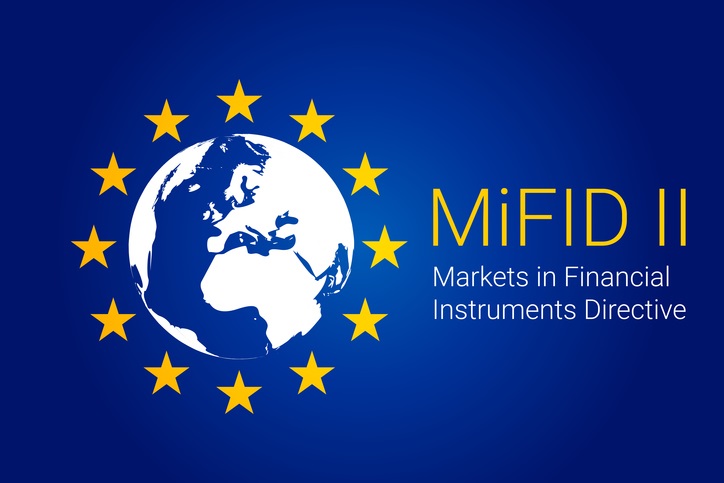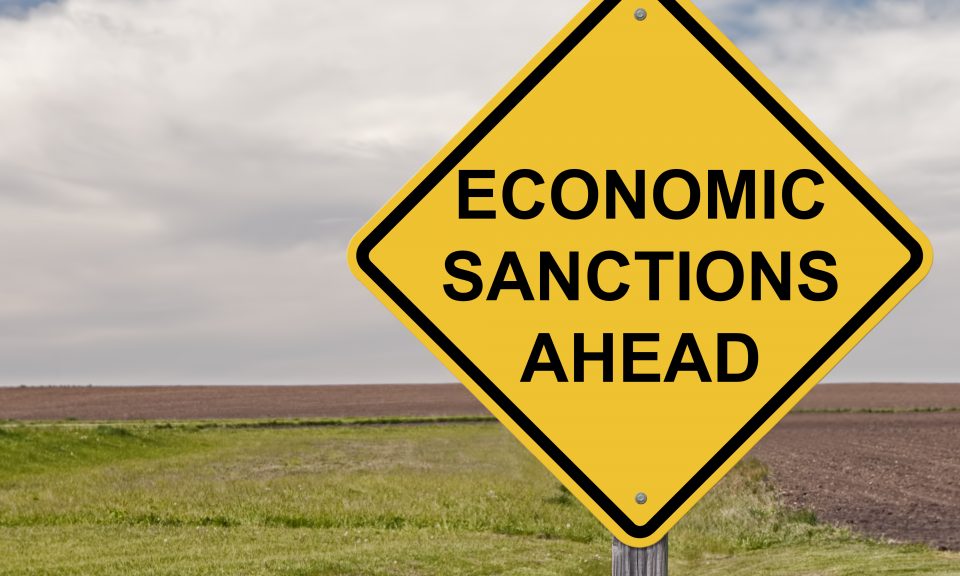What is MiFID II?
The Markets in Financial Instruments Directive (MiFID) is the EU legislation which was originally adopted in 2007. It governs the buying, selling and trading by investment mediators that provide services to clients linked to ‘financial instruments’. ‘Financial instruments’, in this scenario is the collective description for shares, bonds, units in collective investment schemes, derivatives and places where such instruments are
FATF Virtual Assets red flag indicators ; A summary
The FATF released a report on how we can identify and deal with red flags with respect to virtual assets or cryptocurrency. This report highlights a number of red flags such as irregular transactions, anonymous transactions, from senders and receivers and sources of funds of the crypto users.
Everything you need to know about 6AMLD!
We talked about 5AMLD last year and the changes that were brought forward by this directive. Now after a few months, there have been more reforms to take place with respect to the AML sector from June 2021, when the 6AMLD comes into effect. Some of the changes that 6 AMLD brings about are significant in nature. Let’s take a
Suspicious Activity Reports: When and How to report?
A Suspicious Activity Report (SAR) is an important piece of information for regulators and legal authorities. It is the report used to warn the authorities about any kind of money laundering or financial crime suspicion caused by a customer or client. The SAR is to be submitted when you ‘know’ and ‘suspect’ that there is a crime.
Here’s what you need to know about Money Laundering and IWT
In our previous posts, we have talked about the different ways criminals launder their illicit proceeds. It could be cryptocurrencies, precious stones and metals or even wildlife! Yes you heard that right. Illegal wildlife trading (IWT) has been a problem for the longest time now.
Here’s how you could up your CDD game.
Customer due diligence (CDD) is an integral part of almost every business and their AML/CFT policies. Being sure about who your customers are is the best way to avoid any sort of compliance breaches or financial crimes and helps assess the risks involved.
Sanctions Compliance for Businesses.
In my last post we discussed how sanctions are enforced and complied with. Today, let’s talk about how businesses should be sanction-friendly. Complying with regulations pertaining to sanctions could definitely be challenging for businesses. Compliance does not limit itself to screening transactions using the sanctions checklists, but also ensuring that you do not enter into global trade relations or operations
Understanding and Implementing Sanctions Successfully.
You may have heard of the word sanctions a lot in the recent times. What are Sanctions? How can they be implemented successfully?
All you need to know about Data Cleansing.
Last year when I attended the RegTech expo I got the opportunity to learn more about data cleansing.
Money laundering during a Pandemic?
In one of my previous posts we talked about 5 AMLD and how it would bring about a change in the AML/CFT regime. Now that the directive has been introduced and enacted, how compliant are businesses with it? What measures are being taken to combat financial crimes?















